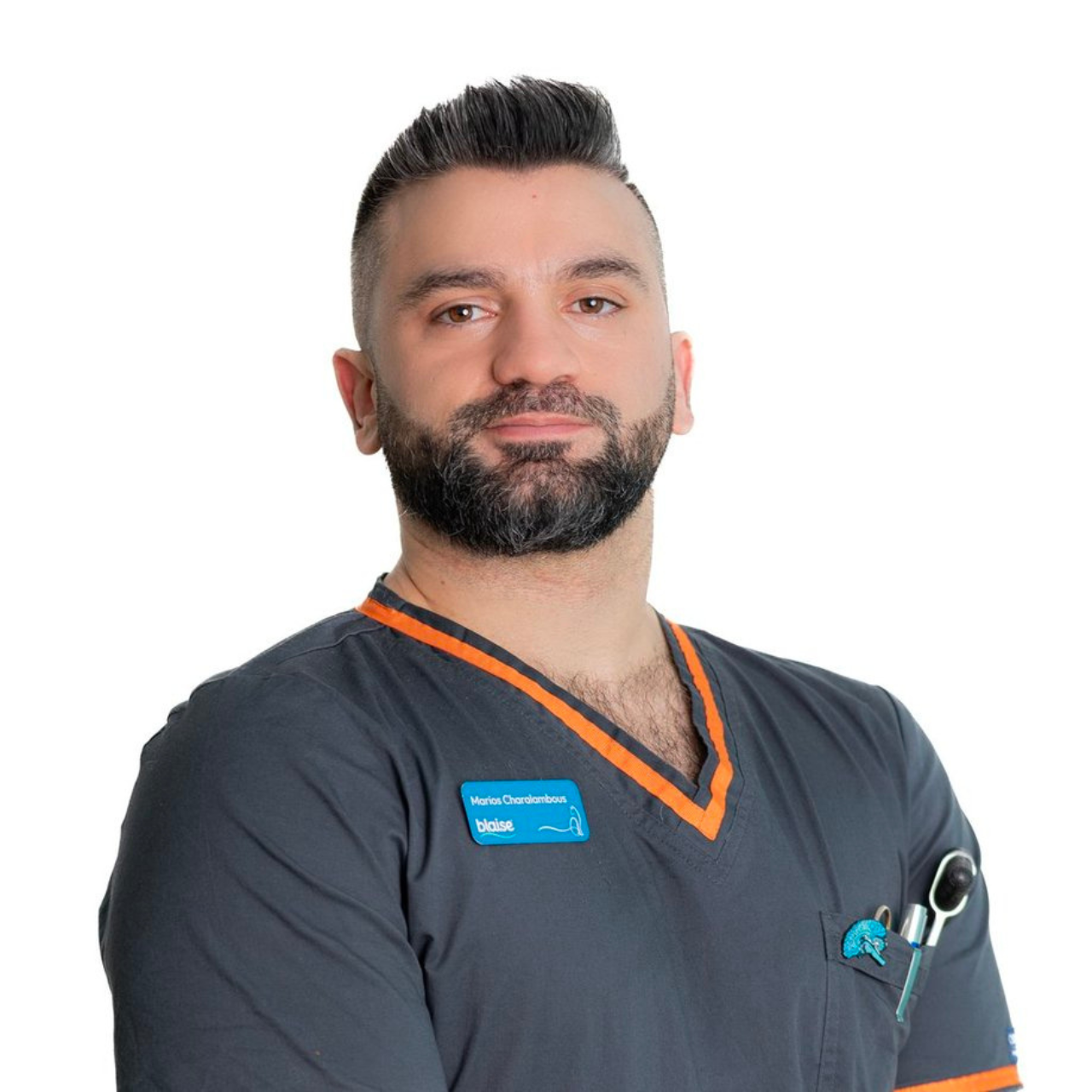Vets Now’s Emergency and Critical Care UK Congress 2024 takes place at Royal Armouries, Leeds on November 7 and 8 2024. This is the 21st annual ECC Congress and it has up to 70 hours of CPD available from an unrivalled line-up of world-renowned speakers.
Marios Charalambous DVM, PGC, PGD, CSci, PhD, DACVIM, DECVN, FHEA, MRCVS, a Neurology Specialist at IVC Evidensia’s new £10million Blaise Referral Hospital, is a number of those delivering the much-anticipated sessions. Here, he gives an insight into what to expect.
What can delegates expect from your first session, Interactive case-based neurolocalisation?
Many vets, both primary clinicians and emergency clinicians, will have to deal with emergency neurology cases. But they have ‘neurophobia’ and are afraid of these cases because they find them very complex and feel they don’t have sufficient knowledge. So, one of the aims of this presentation is to deal with that. I believe that if you know how to perform a neuro exam and localise the lesion before reaching any differentials, it will make you feel more confident and competent, and you won’t have this fear of neurology. I’ll be going through how to perform a neuro exam, localise the lesion and form disease differentials. I’ll also look to guide the audience through using clinical reasoning and critical thinking. You don’t need advanced diagnostics, tests or scans, just doing an exam and looking at the history can help you reach the most likely diagnosis.
And what about ACVIM seizure consensus summary?
I had the honour of chairing this consensus statement of the American College of Veterinary Internal Medicine. I gathered together a panel of specialists, and we collated all the studies, combining evidence-based research with our clinical experience to create the statement. The whole process took around a year, with the consensus published at the end of 2023. It’s about how to treat emergency seizure seizures and these are the first guidelines. Up until now, we didn’t have official guidelines and every practice may have been working in different ways. So, the aim was to create a consensus among specialists which can be used globally by all vets, primary or emergency. It provides a step-by-step guide to treating these cases.
Finally, Cases that left my brain hurting
This will be a more interactive session in which I’ll use videos and other information to present a series of different neurological cases. Delegates will then be able to use the clinical reasoning from my first presentation to vote on the most likely diagnosis. I hope it will be lively and appealing as well as instructive. There will be a variety of cases, around six to eight, some I saw myself and others where I was asked to give an opinion and helped with the management. They’ll include more regular neurological cases, not all emergencies. Just one example may be a three-year-old French bulldog that is presenting with an acute symmetrical painful paraparesis.
What would you hope attendees will take away from your sessions?
I want this to be for all vets, regardless of their experience, so my aim is not to make this too complicated. I’ll be happy if they leave without a fear of neurology, with a knowledge of how to approach cases step-by-step and with just a bit more confidence.
How much are you looking forward to the Congress?
I haven’t been to one before, but I think it will be exciting. The programme looks very thorough and well-structured, and it should be a great thing to be a part of.

